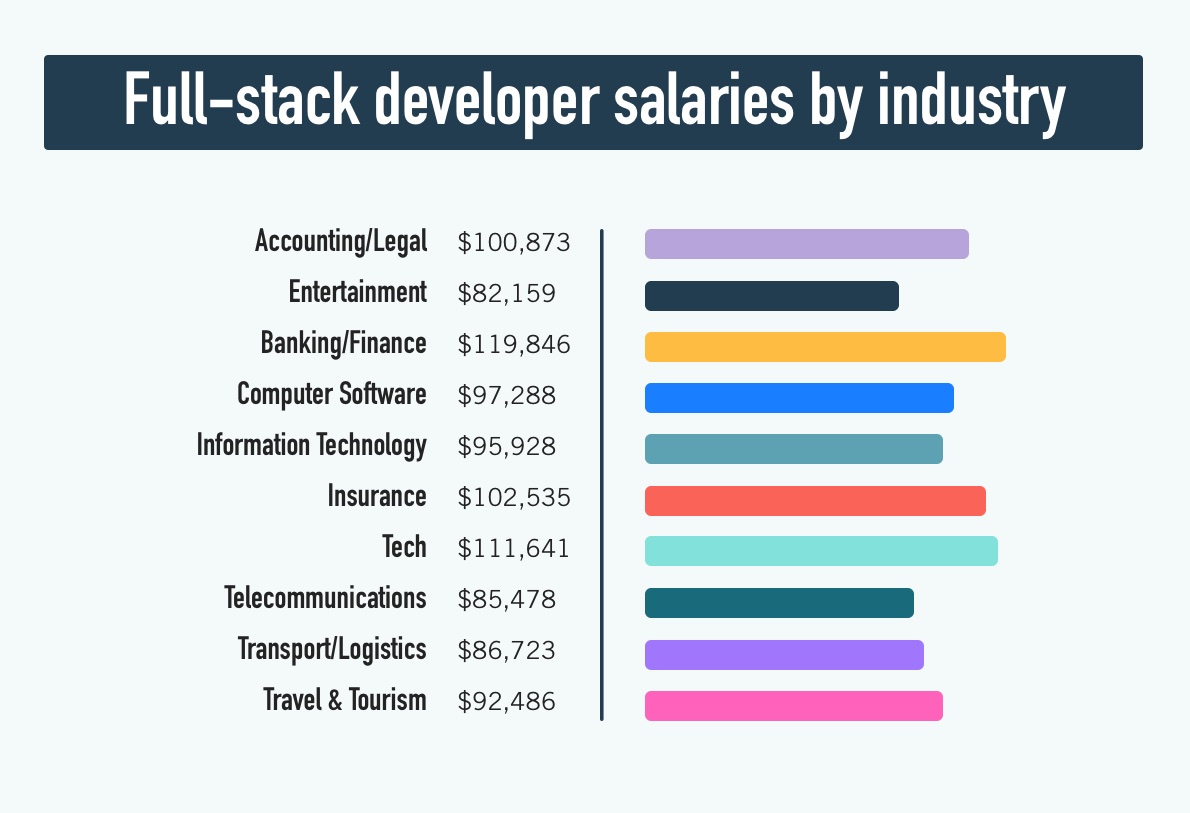Hydra Tech Insights
Stay updated with the latest in technology and gaming.
Full-Stack Development: Where Code Meets Chaos
Dive into the wild world of full-stack development and discover how to conquer chaos with code. Transform your skills today!
The Essential Skills Every Full-Stack Developer Should Master
In today's rapidly evolving tech landscape, full-stack developers must be equipped with a diverse set of skills that span both front-end and back-end development. This includes a solid understanding of HTML, CSS, and JavaScript for crafting user interfaces, as well as familiarity with frameworks such as React or Angular to enhance user experience. On the back-end, proficiency in server-side languages like Node.js, Python, or Ruby is essential. Additionally, knowledge of databases, especially SQL and NoSQL systems, is critical for effective data management. For further reading on essential front-end technologies, check out this FreeCodeCamp article.
Moreover, full-stack developers should master version control systems such as Git to collaborate efficiently within teams. Understanding RESTful APIs is essential for connecting the front-end with the back-end, allowing seamless data exchange. Familiarity with DevOps practices, including continuous integration and deployment (CI/CD), enhances a developer's ability to deliver quality code swiftly. Lastly, soft skills such as problem-solving, communication, and adaptability are crucial in this role. To explore further about these skills, visit AlphaPreneur's guide on full-stack skills.

Demystifying Full-Stack Development: A Beginner's Guide
Full-stack development refers to the practice of working on both the front-end and back-end of a web application. It encompasses a broad range of technologies and frameworks, allowing a developer to create a complete, functional product. In simpler terms, front-end development focuses on the user interface and user experience, while back-end development deals with the server, application logic, and database management. Understanding these two areas is essential for anyone looking to embark on a career in software development.
For beginners eager to dive into full-stack development, a solid foundation in JavaScript is crucial, as it's widely used for both front-end and back-end processes. Other important skills include HTML and CSS for the front-end and knowledge of databases such as MySQL and MongoDB for the back-end. There are numerous resources available online, including tutorials and courses on platforms like freeCodeCamp and Codecademy, which can help you get started on your journey to becoming a proficient full-stack developer.
How to Navigate the Challenges of Full-Stack Development: Tips and Tricks
Full-stack development can be a rewarding yet challenging journey. To successfully navigate these challenges, it's essential to master both front-end and back-end technologies concurrently. Keep yourself updated with the latest frameworks and tools, such as JavaScript, React, or Node.js. Embrace collaboration and communication with your team, as working closely with designers and other developers can streamline the development process and lead to innovative solutions.
Another key aspect of overcoming the hurdles of full-stack development is effective time management. Prioritizing tasks using techniques like the Pomodoro Technique can help maintain productivity and focus. Additionally, utilize version control systems such as Git to manage project changes seamlessly. Don't forget to engage with the wider developer community through forums and platforms like Stack Overflow, as sharing knowledge and seeking advice can significantly enhance your skill set.